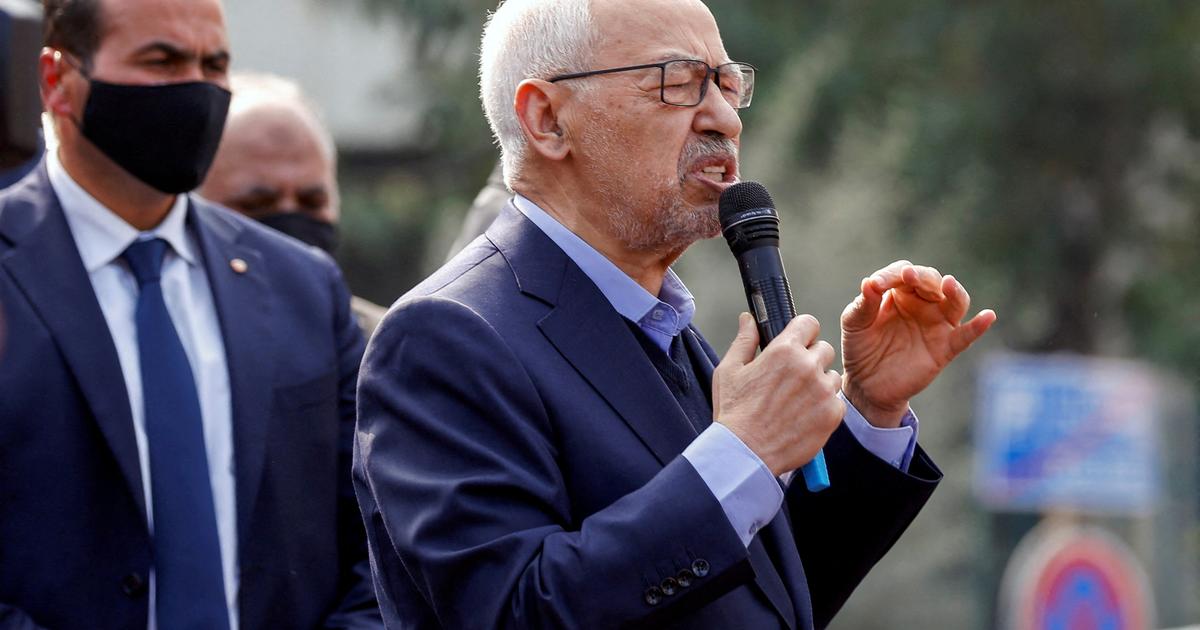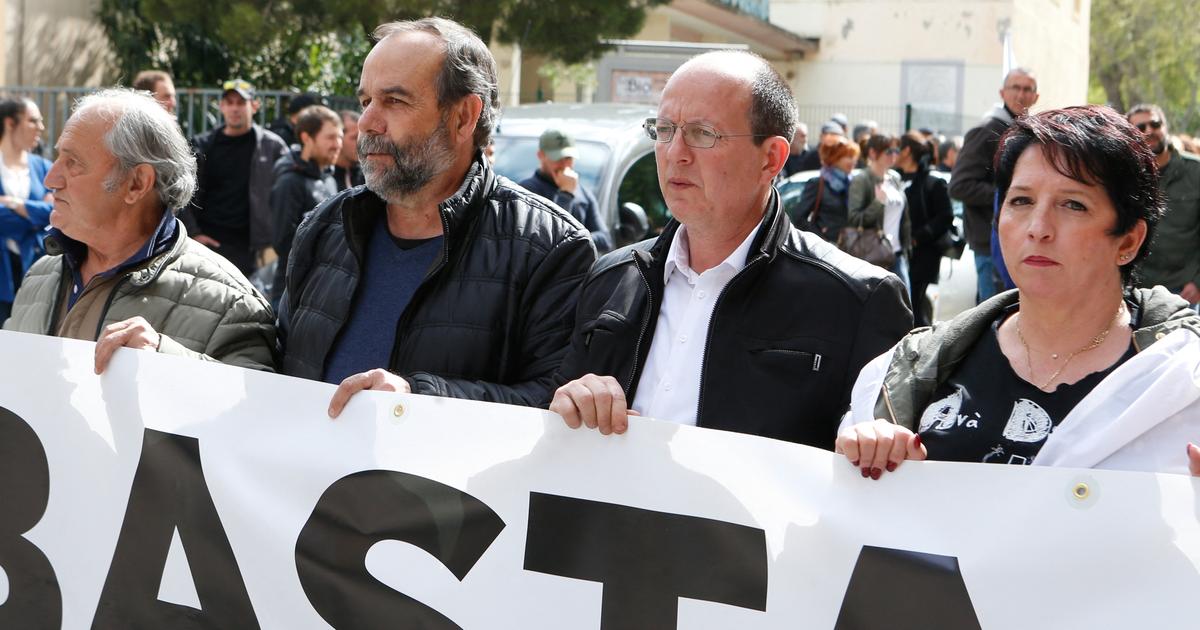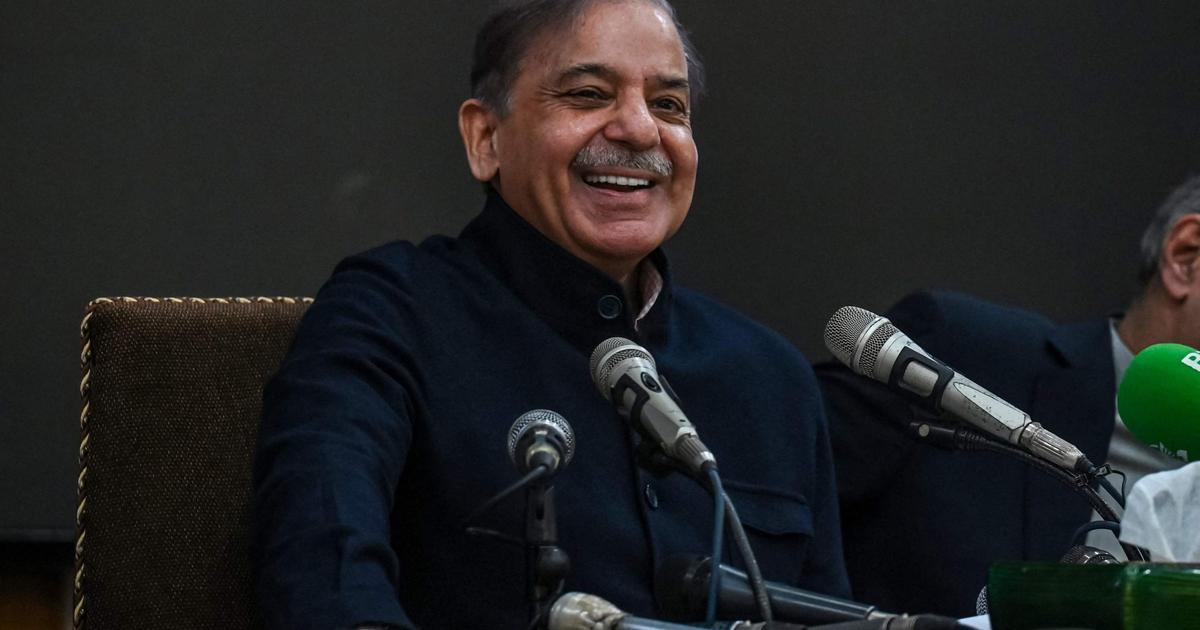This Wednesday, at the beginning of the festivities for the Independence of Mexico, 682 people who were in jail will be pardoned by virtue of a presidential decree that came into effect on August 25. The measure is contemplated for those inmates whose only convicting evidence had been obtained under proven torture; for those who have been imprisoned for more than 10 years with an unfinished process; for those over 65 with chronic degenerative or terminal diseases; and for those over 70 years old. The president, Andrés Manuel López Obrador, promised to do so and gave himself a very short deadline: before September 15 there should already be results, he said.These hundreds of inmates who will be released contrast with those who have been able to leave prisons thanks to the Amnesty Law announced long since the president came to power and which came into force in April 2020: only a handful have managed to leave the prison.
More information
Seven years imprisoned in Chiapas for not knowing how to say in Spanish "I did not kill my son"
Imprisoned for not speaking Spanish: the agony of indigenous people in Mexico's prisons
It is the courts that have the last word in this matter. Although the Government and its commission of experts have requested freedom for more than thirty cases, the organizations that are dedicated to this cause explain that only seven and eight people have finally achieved it. In two years, perhaps a few more, but less than expected by those who applauded the Amnesty Law designed to release people with minor offenses from jail. It is still a judicial procedure for which the most disadvantaged have no resources. In addition, that law came out with a failure of origin: the government could only intervene in cases of federal jurisdiction, which are normally serious crimes, and the success of the norm would only occur in the event that the States voluntarily seconded it.
That is the reason, according to the co-founder of the Reinserta organization, Saskia Niño de Rivera, that López Obrador took up the matter with a presidential decree this August. In one of his morning lectures this summer, the case of Israel Vallarta, imprisoned for 16 years now, without sentence, for the media kidnapping of which his then French girlfriend, Florence Cassez, was also accused. She got out of jail and went to France after a very notorious diplomatic conflict between this country and Mexico. However, Vallarta (and others in his family) is still in prison. And he will not come out this time either, despite being able to certify that he was tortured to confess to the crime of kidnapping. The problem is another cross case of which he is accused, which still has no signs of a solution. This was recalled today by the Secretary of the Interior,Adam Augusto López Hernández. But that morning of July, the president announced a commission in the Interior to study, in coordination with state authorities, the hundreds or thousands of cases that could benefit from being released from prison, taking into account, without further ado, what the Constitution already establishes, in other words, justice with due procedures and within the appropriate time frames, as well as benefits in specific cases under human rights.as well as benefits in specific cases under human rights.as well as benefits in specific cases under human rights.
The organizations that seek justice for many prisoners in Mexico who have not gone through due process celebrate this release from prison announced for this Wednesday, "at the end of the day they are lives that are being saved," according to Saskia Niño de Rivera, But they regret that such an important measure does not achieve adequate coordination that turns it into a process by which thousands of people who are in unjust situations are released: who were tortured, who were planted with evidence, who did not have a lawyer in the precise moment, that they overreached with preventive detention, that they were not granted a translator; a long casuistry.
Mexico's prisons hold about 170,000 inmates, but there are more than 210,000 incarcerated adults.
On April 21, with the urgency of the pandemic and overcrowding in prisons, the Senate approved the Amnesty Law.
In that session it was calculated that it could benefit 10,000 people throughout the country.
However, in August the decree arrived.
“I believe that this decree of the president by which more than 600 people are now taking to the streets is a wake-up call to do things right, because the Amnesty Law has not demonstrated operability nor does it propose a follow-up of each case.
That is the reason for its poor performance in two years.
And it must always be borne in mind that most of the people who meet the profile to be released do not have the resources to implement these procedures, ”says activist Niño de Rivera.
Indeed, as the Legal Deputy Director of the Reinserta organization, Eduardo García, recalls, when an inmate becomes a creditor of this release measure, he starts the process to achieve it and he does not always find an easy path. “I have known cases in which protection is denied and the torture is ordered to be re-investigated, for example, but again months and months go by. Or the Istanbul Protocol is misapplied, which is the one that establishes the annulment of a process if there has been torture to obtain a confession ”, explains García.
The laws of Mexico, as almost always, are as guaranteeing as they are difficult to apply in practice. These cases prove it again. “There really was no need for a decree to put many people out on the streets because the National Law of National Execution already contemplates in its article 146 the release of older adults with chronic degenerative or terminal diseases. And the National Code of Criminal Procedures, in its article 166, establishes that those over 70 years of age or with those conditions can conclude their confinement at home or in a geriatric or medical center. The same in the case of pregnant or lactating women, ”García continues. Not to mention the many procedural guarantees that the Constitution already establishes. López Obrador has repeatedly complained about the slowness of justice in Mexico, noting,as is usually done, that such a slow justice is not justice.
That seems to be the reason for this decree and its accelerated compliance, which will release 682 people throughout the country, coinciding with the celebration of the Independence of Mexico.
Subscribe here
to the
newsletter
of EL PAÍS México and receive all the informative keys of the current situation of this country

/cloudfront-eu-central-1.images.arcpublishing.com/prisa/3IIS47XEZRH7NCLDMIKHBHP6SE.JPG)







/cloudfront-eu-central-1.images.arcpublishing.com/prisa/VFQFJYOVGFFAJOTNW2NNJRUS3I.jpg)





